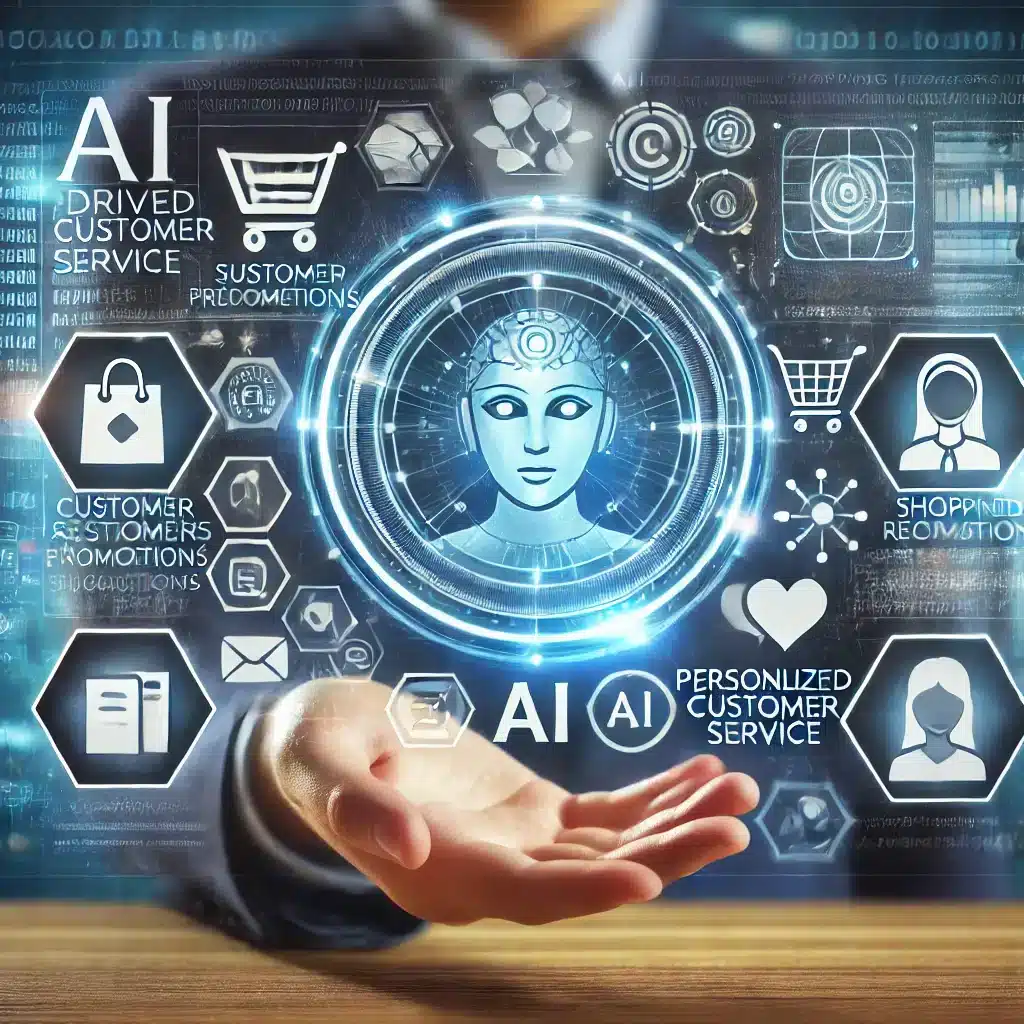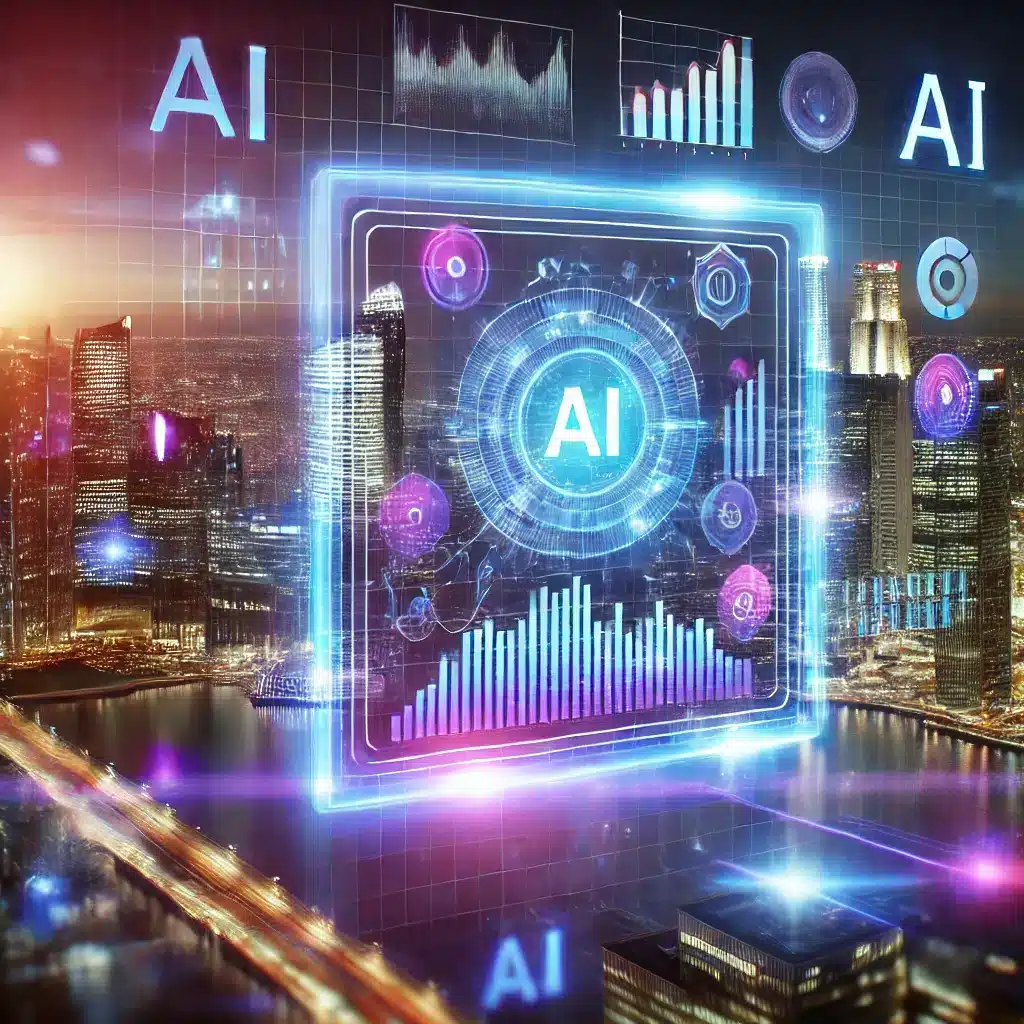Understanding AI Job Transformation
Artificial Intelligence (AI) has been at the forefront of technological advancement, reshaping industries and the workforce. Many claim AI poses a threat to jobs, leading to widespread anxiety. However, this perspective largely stems from sensationalized media narratives. Instead, it’s essential to examine the role AI plays in job transformation, rather than replacement, to truly understand its impact.
AI Myths and Realities
According to the article Debunking the AI Job Crisis, while many worry that AI will replace human roles, the reality is more nuanced. Jobs are not being fully replaced but rather transformed. For instance, the Goldman Sachs study suggests millions of roles worldwide are “exposed” to AI, meaning they might evolve or transform rather than disappear.
Moreover, technological innovation often creates more opportunities. For example, Deloitte research indicates AI and automation create new job roles, often outnumbering those lost. In this regard, AI offers vast potential for job transformation, encouraging the workforce to focus on creative and strategic roles.
The Role of AI in Utility Sectors
In the utility sector, as highlighted in the article Utilities Embrace AI for More Integrated Operations: Cisco Study, AI enhances efficiency by supporting better collaboration across IT and operational technology (OT). Consequently, AI becomes integral in overcoming growth obstacles, paving the path for integrative job roles.
Nevertheless, cybersecurity remains a concern. Firms view the collaboration between IT and OT as a way to strengthen security frameworks, thereby safeguarding infrastructures. Thus, in sectors like utilities, AI is seen as a collaborative tool aiding transformation and operational security.
Preparing for AI-Driven Change
Preparation is key to leveraging AI for a brighter future. As AI continues to expand, embracing this technology becomes crucial. Therefore, companies must invest in reskilling initiatives and job transition support to facilitate this transformation.
Additionally, as noted in the Emmanuel Macron report, employment generation through AI depends on training and better staff inclusion. Hence, prioritizing skill development ensures the workforce is not only prepared but also empowered for changes AI will introduce.
Conclusion: AI as a Catalyst for Positive Change
Ultimately, AI is a powerful force in job transformation, not a threat. It encourages efficiency and the creation of new roles. With strategic adoption and support, AI promises to transform the workforce, creating harmonious synergy between human talent and technological advancement. Indeed, addressing these myths and embracing AI will lead to substantial growth and opportunity.



